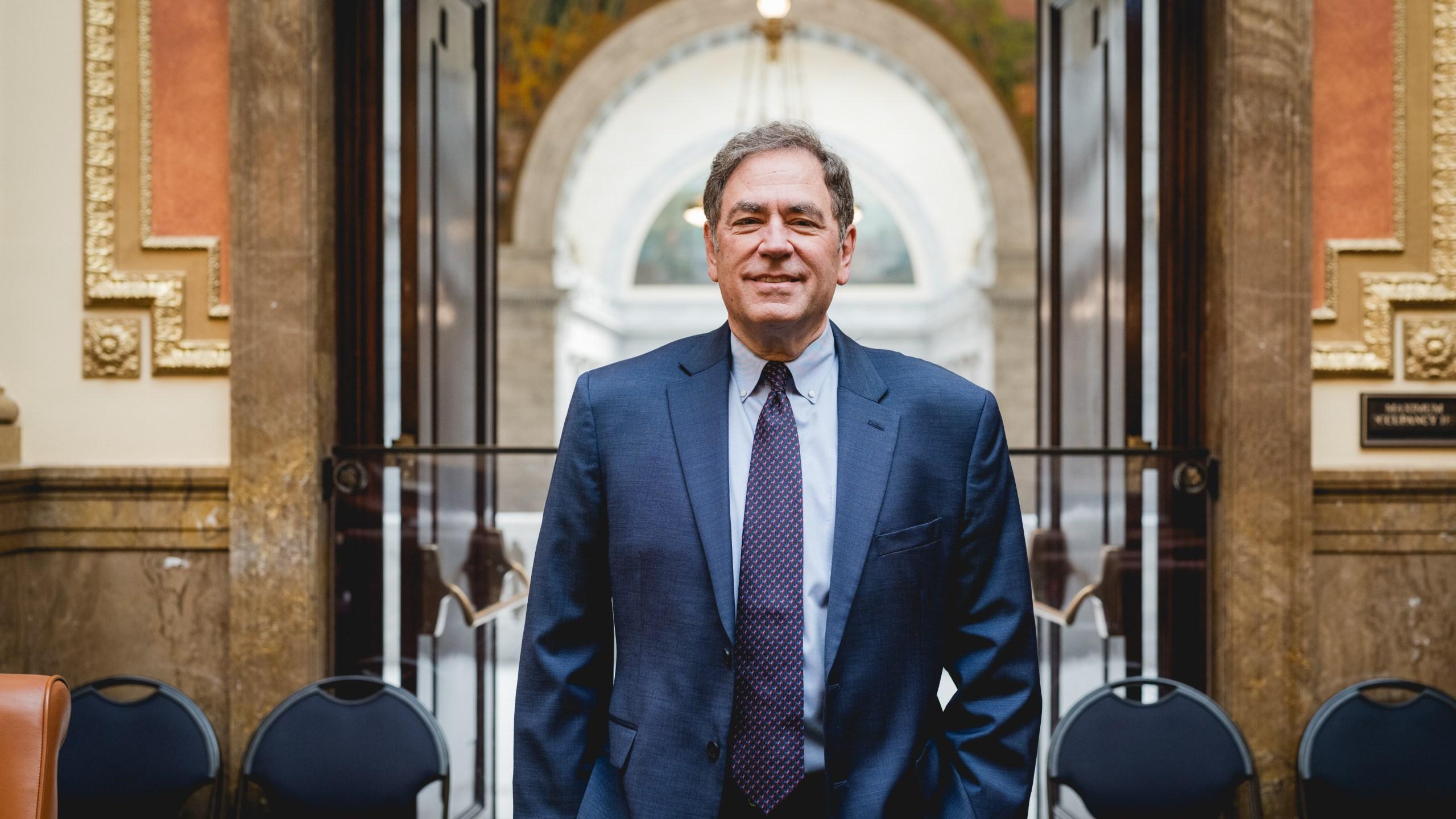The Broadcast Challenge: Navigating Profanity in Historical Documentaries

The integrity of historical documentaries often hinges on the authenticity of its content, which sometimes includes the raw language of the times. However, this poses a unique challenge for broadcasters seeking to maintain standards while providing an unfiltered view of history. For instance, stations are currently grappling with the decision to air a World War II documentary that contains brief profanity. Such content puts them at odds with regulatory guidelines and audience sensibilities. The juxtaposition of maintaining historical accuracy and adhering to broadcast regulations remains a topic of conflict among television stations, historians, and viewers.
Political Campaigns and the Quest for Adaptation

On another front, political campaigns consistently evolve, reflecting the dynamic nature of the political landscape. Change agents in campaigns are critical for adaptation and survival. Mitt Romney's campaign, noted for seeking significant overhaul, is an example of how political figures need to pivot strategies in response to changing voter demographics and sentiment. As campaigns adopt newer tactics, political analysts and the media scrutinize the efficacy of these transformations. The debate extends to digital platforms where political pundits and the public alike discuss the influence of strategic alterations on the success of political campaigns.
Connecting Historical Narratives to Modern Campaigns

The intersection of documentary broadcasting and political campaigning may seem indirect, yet both are united by the underlying theme of change and adaptation. Historical documentaries, like political campaigns, must adapt to contemporary standards and practices while preserving their core message. The outcomes of these adaptations can significantly affect public perception and engagement, whether it's through the lens of a historical event or a modern political candidacy.
Travel Through Time: The Power of History and Politics
Beyond the television screen or a political rally, the concepts of historical documentation and political change extend to the sphere of travel. When we traverse different regions and cultures, we engage in a journey similar to that of understanding a historical documentary or observing a political campaign. Travel allows us to witness the constant evolution of places and societies, connecting us to the broader narrative of human progress. From the battlefields of past wars to the birthplaces of political revolutions, travel offers a profound way to experience the lessons of history and the developments in the political world, making it an invaluable tool for education and understanding.